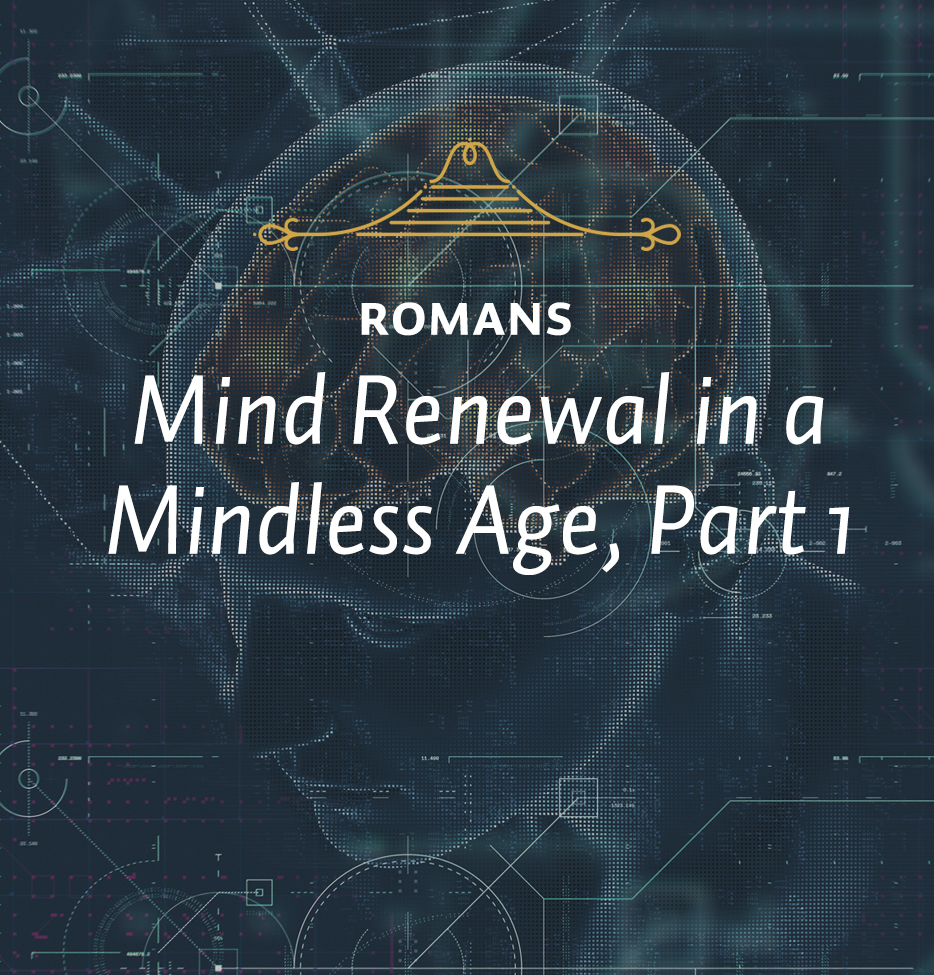As believers we need to reject the world’s thinking and begin to think as Christians. This is what the apostle Paul is writing about in our text from Romans 12:2: “Do not conform any longer to the pattern of this world, but be transformed by the renewing of your mind.” This means that our thinking is not to be determined by the culture of the world around us, but, rather, we are to have a distinctly different and growing Christian worldview.
The one thing this does not mean is what most people probably assume it does mean, and that is to start thinking mainly about Christian things. We do need to think about Christian subjects, of course. In fact, it is from that base of revealed doctrine and its applications to life that we can begin to think Christianly about other matters. But to think Christianly is not a matter of thinking about Christian subjects as opposed to thinking about secular subjects, as we suppose, but rather to think in a Christian way about everything. It means to have a Christian mind.
This is because, by contrast, it is possible to think in a secular way even about religious things. Take the Lord’s Supper, for instance. For most Christians the Lord’s Supper is probably the most spiritual of all spiritual matters, and yet it is possible to think about even it in a worldly manner. One such person might be a trustee of the church, and he might be thinking that he forgot to include the cost of the communion elements in the next year’s budget.
On the other hand, it is possible to think Christianly about even the most mundane matters. Blamires suggests how we might do this at a gasoline station while we are waiting for our tank to be filled with gas. We might be reflecting on how a mechanized world with cars and other machines tends to make God seem unnecessary for people, and how a sped-up world in which we use our cars to race from one appointment to another makes it difficult to think deeply about or even care for other people.
Blamires says, “There is nothing in our experience, however trivial, worldly, or even evil, which cannot be thought about Christianly. There is likewise nothing in our experience, however sacred, which cannot be thought about secularly-considered, that is to say, simply in its relationship to the passing existence of bodies and psyches in a time-locked universe.”1
1Harry Blamires, The Christian Mind: How Should a Christian Think? (Ann Arbor, MI: Servant Books, 1978), 45. Original edition 1963.






